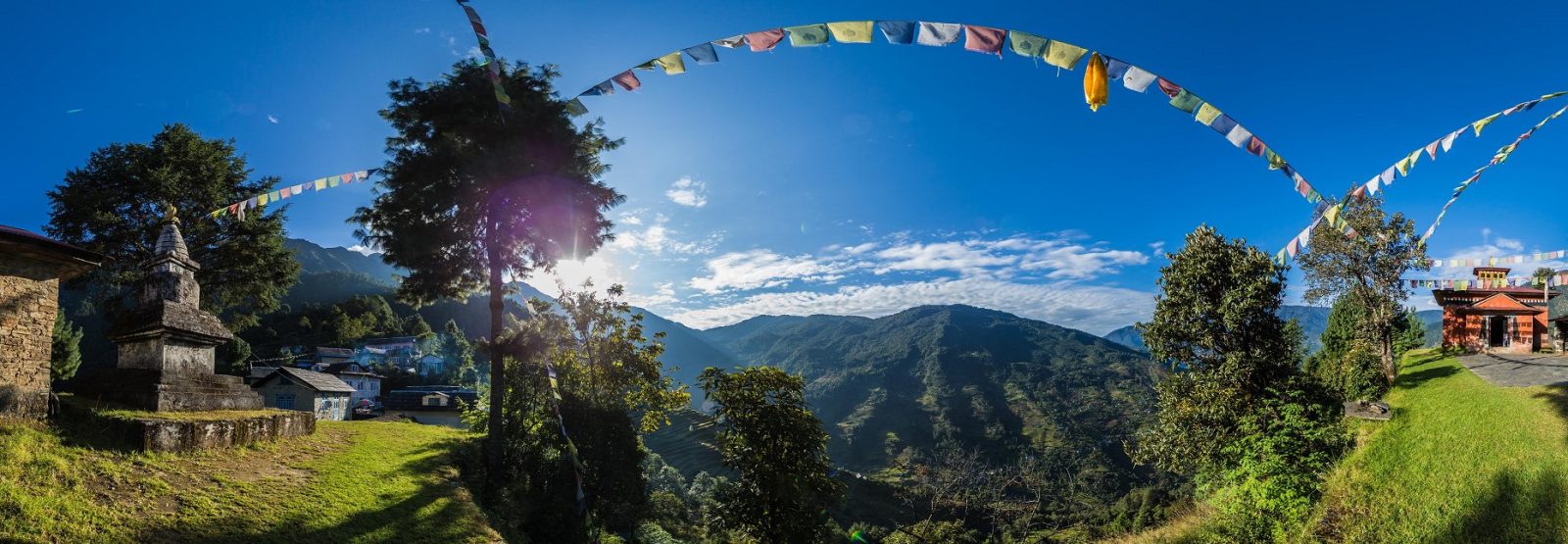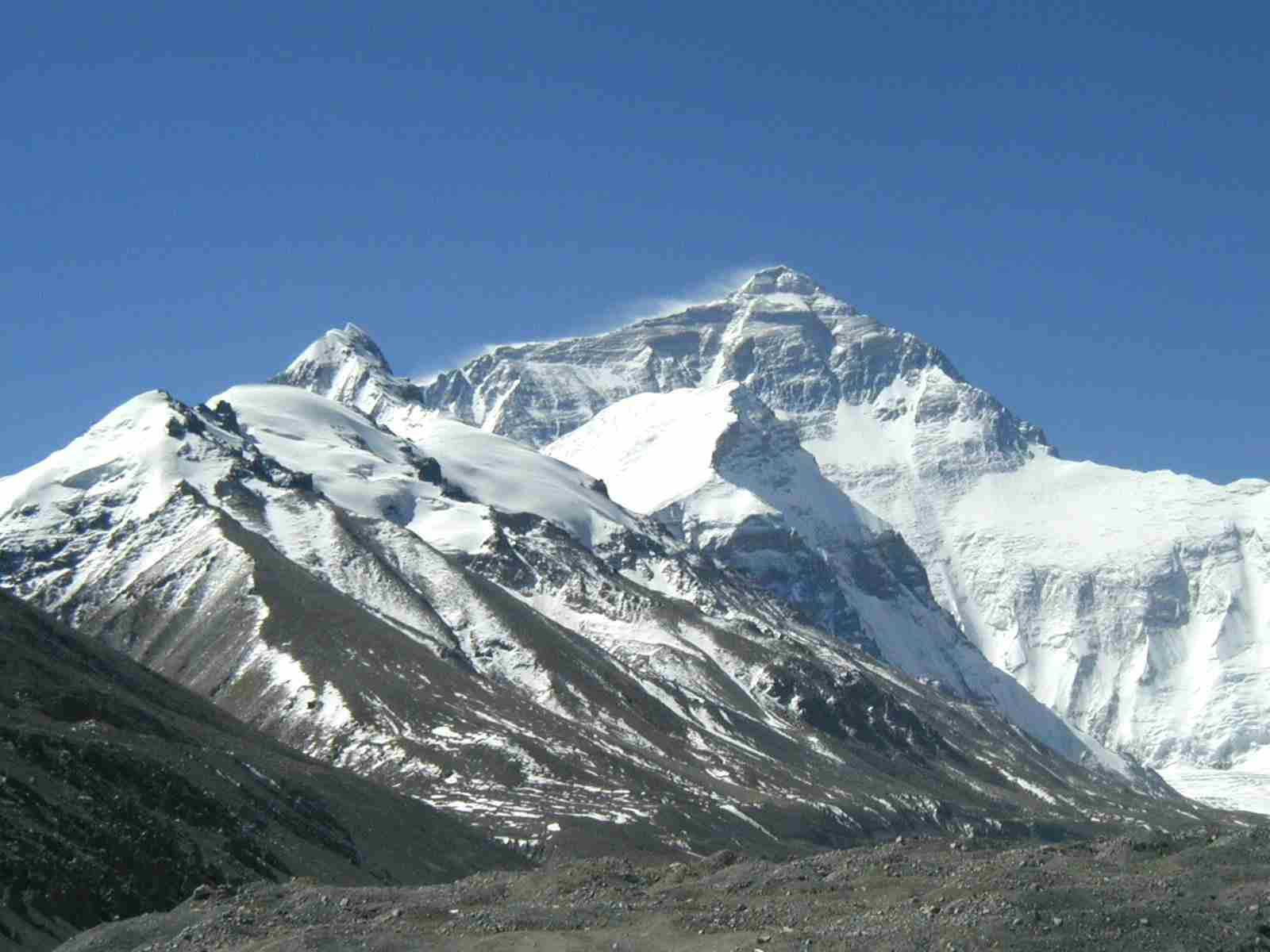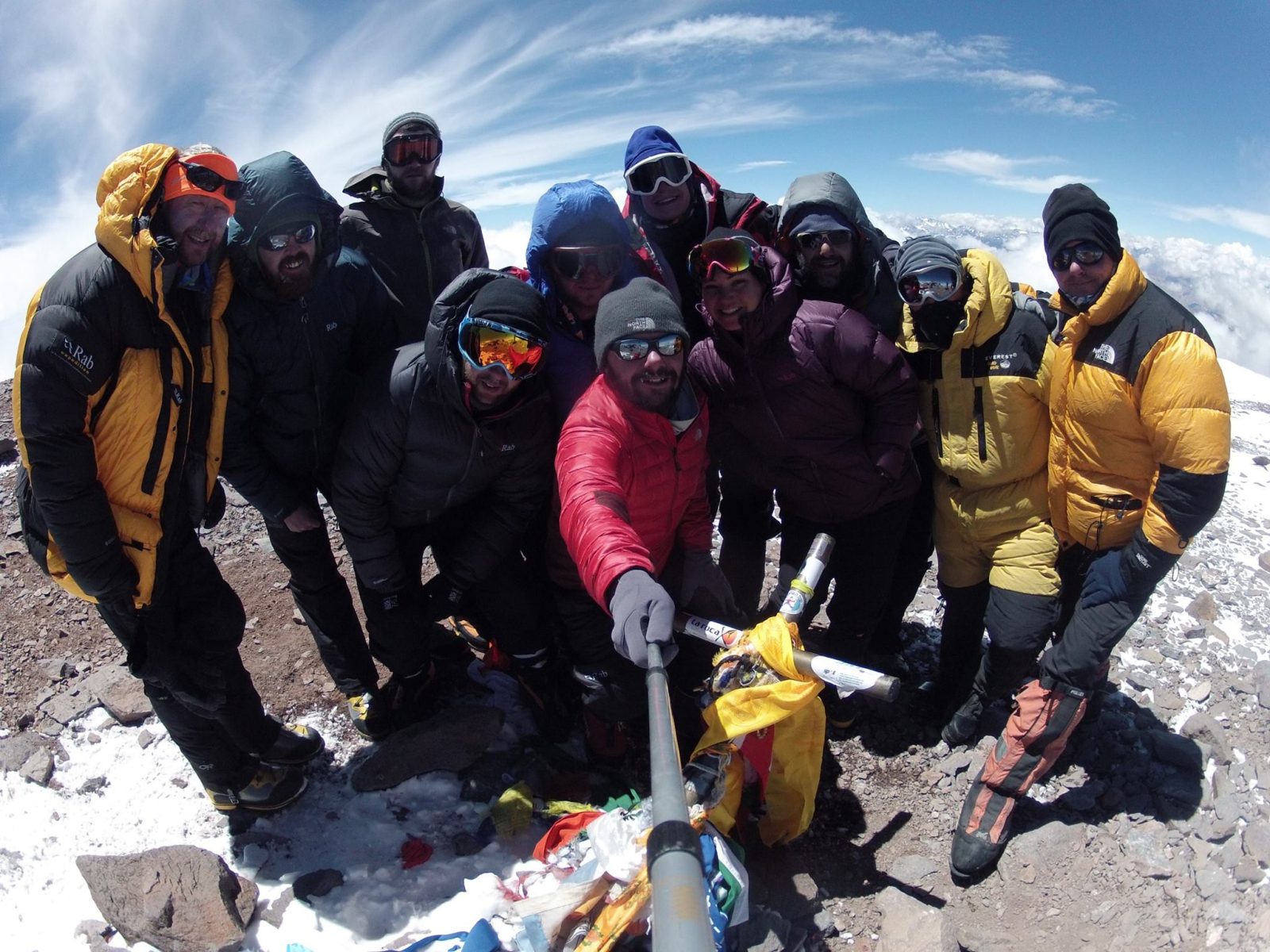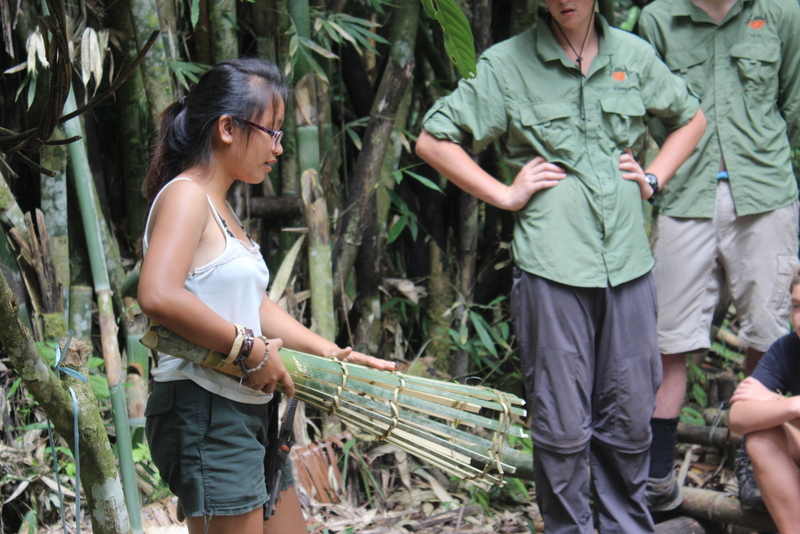
Travel in Bolivia
ABOUT BOLIVIA
Explore this amazingly diverse country from the high peaks of the Andes to the low-lying jungles of the Amazon. Learn about the basic information for travel in Bolivia. If you have any more questions, please feel free to contact us.
WHERE IS BOLIVIA LOCATED?
Bolivia is land-locked country located in South America, bordered by Brazil in the north and east, Argentina in the south, Chile in the southwest, Peru in the north west, and Paraguay in the south east. With so many neighbors, it is an ideal place to visit on any South American travel itinerary.
With nearly one third of the country nestled high in the Andes Mountain Range, Bolivia is one of the overall highest countries in the world. 28 percent of Bolivia lies above 3,000m, making it a perfect destination for those seeking the high peaks of the Andes. Over half of the country lies in the Llanos region. This region is covered in an extensive rainforest with immense biodiversity. The Sub-Andean region lies in between, a temperate climate bridging the gap between the rainforest and high-alpine environments.
WHAT IS THE CURRENCY OF BOLIVIA?
Bolivia uses the Boliviano as their official currency. For current exchanges rates, click here. ATMS are available for use in major cities. For more information regarding other accepted currencies, ATMs, and credit cards, check out our Practicalities Page.
WHAT TIME ZONE IS BOLIVIA IN?
Bolivia is UTC -4 hours. You can see the current local time in Bolivia here.
WHAT KIND OF ELECTRICAL PLUG WILL I FIND IN BOLIVIA?
Bolivia uses both a type A and type C Europlug socket. Keep in mind these socket types are both different, so be sure to bring an electrical adapter just in case. Bolivia runs mainly on 115/230V. Be aware that the voltage is not consistent like it is in other countries. When in doubt, use a voltage converter.
WHAT LANGUAGE IS SPOKEN IN BOLIVIA?
Spanish is the official language of Bolivia, although many tribal languages are spoken throughout the country including Quechua, Chiquitano, Tupi Guarani, and Aymara. At Adventure Alternative, we always give you an English-speaking guide while you travel with us.
However, English is not widely spoken on the streets or by people outside of the tourist industry, so knowing a few helpful phrases in Spanish will go a long way.
WHAT IS THE CLIMATE IN BOLIVIA?
Due to the intense differences in elevation, Bolivia has vastly different climates. High in the mountains, or the Altiplano Region, temperatures vary from cool and humid to semi-arid. Like any high-alpine environment, the sun’s rays can cause temperatures to rise with the day and plummet at night. The Amazonian lowlands offer a jungle-climate, with intense humidity and generally higher tempratures.
The best times to visit Bolivia are from May to October, keeping in mind that seasons are opposite from that of the Northern Hemisphere. June and July are quite cold, as they are the heart of winter.
Summer, from around November until March marks the rainy season, traveling, especially trekking and climbing, is not advised during this time due to bad weather. In the Amazon, roads are washed out or underwater and everything turns into a muddy mess. Mosquitos and the humidity are worse than during the winter months, although river travel flourishes. In the mountains, there is less rain, but views are often obscured.
For additional weather resources, check out local mountain forecasts.
What vaccinations do I need for Bolivia?
You will need to check what the requirements are for vaccinations, immunisations and medications on the specific trip you are doing. You will need to make an appointment with your GP or ideally a travel health clinic for at least 6 weeks before travel. When you go to the appointment you need to take along details of the trip including the country you are going to, the areas you will visit and the activities you will be doing. All of these factors, plus your own medical history, will affect what vaccinations you are advised to get or update.
Adventure Alternative operates an account with Interhealth who can give you medical and vaccination advice. You can also get advice from organisations such as the NHS and the FCO. The Fit For Travel and Live Well campaigns also give good advice for staying healthy while you are away.
As always, be sure to have proper trip insurance to cover the activities you are engaging in.
Do I need a visa for Bolivia?
British Nationals do not need a visa for stays of up to 30 days. You do need to make sure that your passport will remain valid for at least 6 months from your date of entry into Bolivia.
Different countries have completely different visa requirements depending on your own citizenship, what you will be doing and how long you will be staying. If you are a UK citizen the first place to look is the UK Foreign & Commonwealth Office (FCO). Their website has a page for each country and a section called “Entry Requirements”. If you are not a UK citizen you will need to contact the destination country’s embassy in your home country or the foreign office of your own country.
Book Your Adventure of a Lifetime Now
Discover our trips to other Countries
Adventure Alternative Articles

12 MONTHS, 12 MOUNTAINS
Climbing Calendar Ready for World Mountain Day In celebration of World Mountain Day, we've created a calendar for the year to make it easy for...

Mount Aconcagua Trip Review
January 2016 This year we had a team of twelve clients from four different countries – Iran, Ireland, England, South Africa and Argentina –...

Alcey’s Survival Skills Course at Lupa Masa Jungle Camp
SURVIVAL SKILLS COURSE AT LUPA MASA JUNGLE CAMP | ADVENTURE ALTERNATIVE In celebration of International Rural Women’s Day, we’re talking...